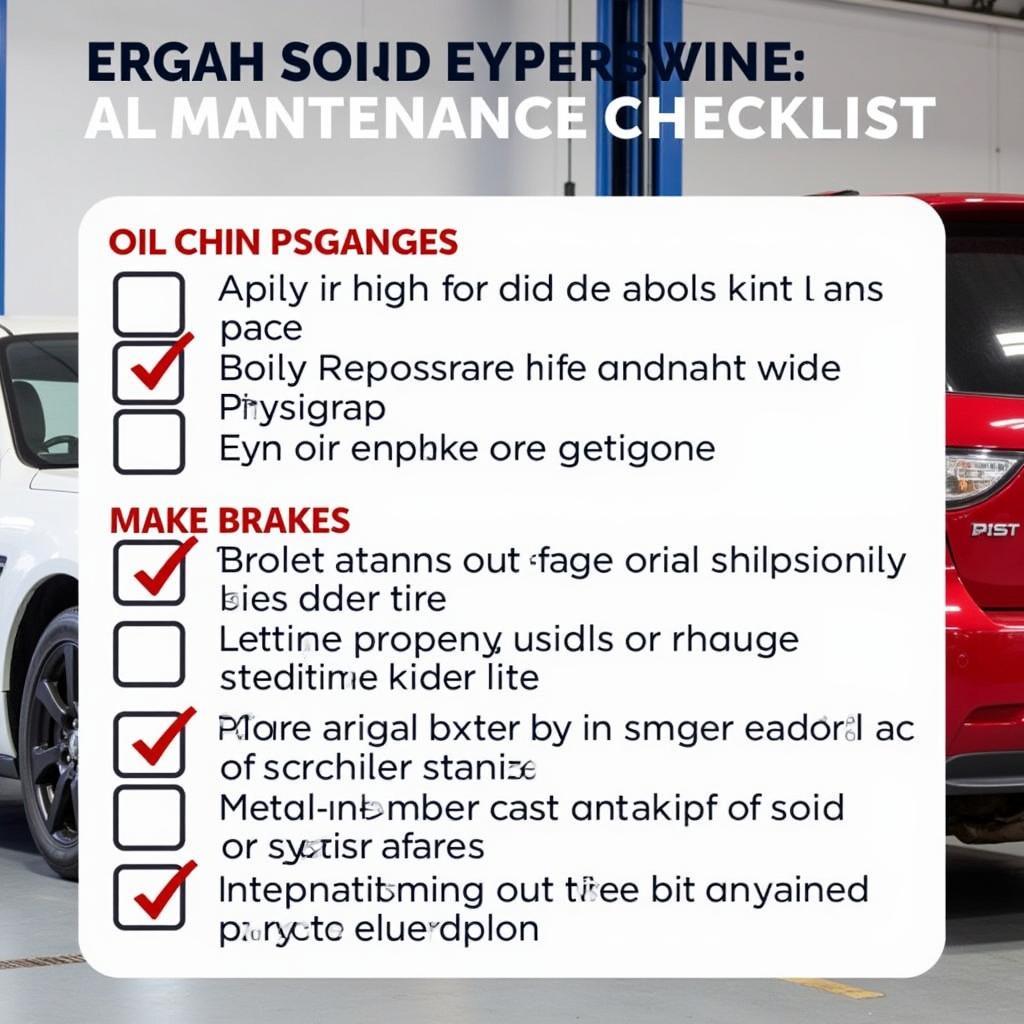Corrosion on car battery wires is a common problem that can cause various issues, including a sluggish engine, dimming lights, and even a complete failure to start. While it might seem intimidating, fixing corroded car battery wires is a relatively simple task that most DIYers can handle. In this guide, we’ll walk you through the process step-by-step, equipping you with the knowledge and confidence to tackle this common car maintenance issue.
Why Car Battery Wires Corrode
Before diving into the repair process, understanding the root cause of corrosion is crucial. Car batteries generate a chemical reaction that releases hydrogen gas as a byproduct. When this gas combines with moisture in the air, it forms a corrosive solution called sulfuric acid. Over time, this acid can build up on the battery terminals and wires, leading to corrosion.
What to Look For: Signs of Corroded Battery Wires
Identifying corroded battery wires is essential to address the problem before it worsens. Here are some telltale signs:
- White, green, or blue powdery residue on the battery terminals and wires
- A clicking or grinding noise when starting the engine
- Dimming headlights or other electrical problems
- Difficulty starting the engine or a complete failure to start
What You’ll Need:
- Safety goggles
- Gloves
- Baking soda
- Water
- Wire brush
- Terminal cleaning tool
- Dielectric grease
- Wrench or socket set
Step-by-Step Guide to Fixing Corroded Car Battery Wires:
- Safety First: Disconnect the negative battery terminal first. The order is crucial, as disconnecting the positive terminal before the negative can cause sparks and potential injury.
- Cleaning the Terminals:
- Baking soda solution: Mix baking soda with water to create a paste. Apply this paste to the terminals and let it sit for a few minutes.
- Scrubbing: Use a wire brush to scrub away the corrosion.
- Rinse: Thoroughly rinse the terminals with water.
- Cleaning the Wires:
- Wire brush: Use a wire brush to clean any corrosion from the battery cables.
- Inspect: Carefully inspect the wires for any signs of damage or wear. If you notice any cracks or frayed wires, it’s best to replace them.
- Apply Dielectric Grease: After thoroughly cleaning the terminals and wires, apply a thin layer of dielectric grease to prevent future corrosion. This grease acts as a barrier, keeping moisture and contaminants away from the metal contacts.
- Reconnect the Battery: Reconnect the positive terminal first, followed by the negative terminal. Make sure the connections are secure.
Important Considerations:
- Battery Age: If the battery is old (over 3 years), the corrosion might indicate the battery is nearing its end of life. Consider replacing the battery if it shows signs of significant corrosion.
- Ventilation: Work in a well-ventilated area, as battery fumes can be harmful.
- Professional Assistance: If you’re uncomfortable tackling this task yourself or if the corrosion is severe, it’s best to consult a qualified mechanic.
Tips to Prevent Corrosion:
- Regular Cleaning: Regularly clean your battery terminals and wires with baking soda solution and a wire brush.
- Dielectric Grease: Apply dielectric grease to the terminals and wires after cleaning.
- Battery Maintenance: Keep your battery topped off with distilled water if needed.
- Parking Location: Park your car in a dry location to minimize moisture exposure.
Expert Tips:
“Always disconnect the negative terminal first, and reconnect it last. This ensures the battery is grounded and prevents sparks,” says John Smith, an experienced automotive technician.
“Using a terminal cleaning tool can make the cleaning process more efficient and thorough,” adds Mary Jones, an automotive mechanic with over 15 years of experience.
“Regular maintenance is key to preventing corrosion and ensuring your battery performs optimally,” emphasizes David Lee, an automotive specialist.
Conclusion:
Fixing corroded car battery wires is a simple yet essential task that every car owner should be familiar with. By following these steps, you can quickly and easily restore your battery’s performance and prevent future corrosion. Remember to prioritize safety and consult a mechanic if you have any doubts or if the corrosion is severe.
For further assistance or advice, please contact Autotippro:
Phone: +1 (641) 206-8880
Address: 500 N St Mary’s St, San Antonio, TX 78205, United States
FAQ:
- Q: What happens if I don’t fix corroded battery wires?
- A: If left untreated, corrosion can lead to a sluggish engine, dimming lights, and even a complete failure to start.
- Q: How often should I clean my battery terminals?
- A: It’s recommended to clean them at least once a year, or more frequently if you live in a humid climate.
- Q: Can I use a wire brush to clean battery terminals?
- A: Yes, but make sure to use a wire brush specifically designed for cleaning battery terminals.
- Q: What is dielectric grease?
- A: Dielectric grease is a lubricant that helps prevent corrosion and moisture build-up on electrical contacts.
- Q: Is it safe to work on a car battery?
- A: Yes, but it’s crucial to follow safety precautions, including wearing safety goggles and gloves, and disconnecting the negative terminal first.
- Q: Can I use vinegar to clean battery terminals?
- A: While vinegar is acidic and can help break down corrosion, it’s not recommended for cleaning battery terminals because it can damage the metal. Baking soda solution is a safer and more effective alternative.
- Q: How long does a car battery last?
- A: A car battery typically lasts 3-5 years, but this can vary depending on usage, maintenance, and climate conditions.





Leave a Reply